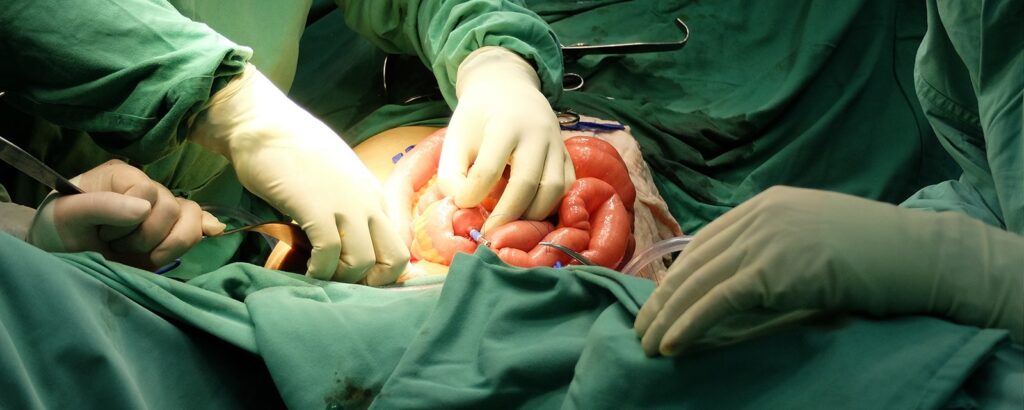Colorectal surgery is a specialized surgical field that deals with the diagnosis and treatment of conditions affecting the colon, rectum, and anus. The field encompasses a range of surgical procedures, from minimally invasive surgeries to complex, multi-stage operations.
The colon and rectum are part of the digestive system and play a crucial role in the elimination of waste from the body. When problems occur in these organs, they can cause a range of symptoms, including abdominal pain, constipation, diarrhea, and rectal bleeding.
Colorectal surgery is used to treat a wide variety of conditions, including colon cancer, rectal cancer, inflammatory bowel disease, diverticulitis, and hemorrhoids. Colorectal surgery is performed by a specialist known as a colorectal surgeon.
These surgeons have extensive training in both general surgery and specialized training in colorectal surgery. Colorectal surgeons are skilled in using the latest surgical techniques and technologies to provide patients with the best possible outcomes.
There are several types of colorectal surgeries, including:
Colectomy
A colectomy is a surgical procedure that involves removing all or part of the colon. This may be necessary to treat conditions such as colon cancer, ulcerative colitis, or diverticulitis. In some cases, the surgeon may be able to perform the procedure using a minimally invasive technique, such as laparoscopic surgery.
Proctectomy
A proctectomy is a surgical procedure that involves removing all or part of the rectum. This may be necessary to treat conditions such as rectal cancer or inflammatory bowel disease. In some cases, the surgeon may be able to perform the procedure using a minimally invasive technique, such as robotic surgery.
Colostomy
A colostomy is a surgical procedure that involves creating an opening in the abdomen and attaching the end of the colon to the opening. This allows waste to be eliminated from the body through a stoma, which is a small opening in the abdomen. Colostomies may be temporary or permanent and are used to treat conditions such as colon cancer or inflammatory bowel disease.
Anal Fistula Surgery
An anal fistula is a small channel that forms between the anus and the skin surrounding the anus. This can cause pain, discomfort, and discharge. Anal fistula surgery involves removing the fistula and repairing the tissue around the anus.
Hemorrhoidectomy
A hemorrhoidectomy is a surgical procedure that involves removing hemorrhoids, which are swollen veins in the anus or rectum. Hemorrhoids can cause pain, bleeding, and itching. This surgery is typically done as an outpatient procedure and may require a short recovery time.
In addition to these surgeries, there are several minimally invasive techniques that can be used to treat colorectal conditions. These techniques include:
- Laparoscopic Surgery: Laparoscopic surgery is a minimally invasive surgical technique that uses small incisions and a tiny camera to guide the surgeon during the procedure. This technique is often used to perform colectomies and proctectomies.
- Robotic Surgery: Robotic surgery is another minimally invasive surgical technique. It uses a robotic arm to guide the surgeon during the procedure. This technique is also often used to perform proctectomies.
- Endoscopic Surgery: Endoscopic surgery is a minimally invasive surgical technique that uses a thin, flexible tube with a camera attached to it to examine the inside of the colon and rectum. This technique can be used to remove polyps or perform biopsies.
How to Prepare for a Colorectal Surgery
In preparation for colorectal surgery, your surgeon will provide you with specific instructions on how to prepare for the procedure. This may involve fasting, taking bowel preparation medications, and stopping certain medications.
You may also need to make adjustments to your diet and lifestyle in the days leading up to the surgery.
After the surgery, you will need to follow your surgeon’s instructions for recovery, which may include restrictions on physical activity and changes to your diet. You may also need to take medications to manage pain or prevent infection.


